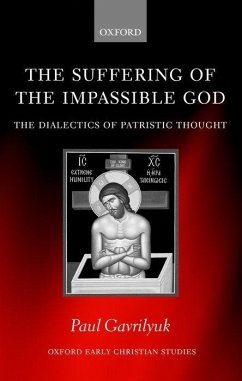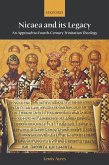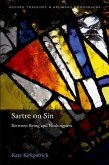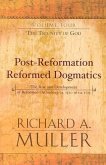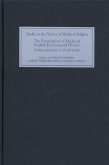Incarnation becomes a genuine act of divine compassion, capable of transforming and healing the human condition.
This book provides a major reconsideration of the issue of divine suffering and divine emotions in the early Church Fathers. Patristic writers are commonly criticized for falling prey to Hellenistic philosophy and uncritically accepting the claim that God cannot suffer or feel emotions. Gavrilyuk shows that this view represents a misreading of evidence. In contrast, he construes the development of patristic thought as a series of dialectical turning points taken to safeguard the paradox of God's voluntary and salvific suffering in the Incarnation.
Hinweis: Dieser Artikel kann nur an eine deutsche Lieferadresse ausgeliefert werden.
This book provides a major reconsideration of the issue of divine suffering and divine emotions in the early Church Fathers. Patristic writers are commonly criticized for falling prey to Hellenistic philosophy and uncritically accepting the claim that God cannot suffer or feel emotions. Gavrilyuk shows that this view represents a misreading of evidence. In contrast, he construes the development of patristic thought as a series of dialectical turning points taken to safeguard the paradox of God's voluntary and salvific suffering in the Incarnation.
Hinweis: Dieser Artikel kann nur an eine deutsche Lieferadresse ausgeliefert werden.

